Europe continues to treat startups like a cultural movement centred around capital cities. Founders pitch in Berlin, funding flows through Paris, and narratives are exported via London. Meanwhile, the continent’s most pressing challenges — energy transition, supply chain resilience, and health system reform — are industrial. And industrial problems don’t get solved at pitch nights. They get solved in labs, on factory floors, in regulated systems — through applied science, complex partnerships, and long timelines. The current startup playbook is misaligned with what Europe actually needs.
Deep tech doesn’t scale in the city centre
Consumer tech thrives on speed, scale, and user growth. Deep tech doesn’t. It needs infrastructure, trust, and long-term capital. A startup building AI for clinical diagnostics can’t iterate in the App Store. A company working on hydrogen transport solutions can’t grow without grid access and regulatory integration. These aren’t theoretical barriers — they’re why so much European IP ends up commercialised elsewhere. If Europe wants to lead in industrial innovation, it needs ecosystems built for it.
The Ruhr region: An unlikely but logical candidate
One example is Germany’s Ruhr region. Historically defined by coal and steel, today it hosts the densest university landscape in Europe — 22 universities with 240,000 students. It’s embedded in one of the world’s most complex industrial networks. And it’s connected: Europe’s largest inland port in Duisburg, two international airports, and direct rail and grid infrastructure across the continent. These aren’t soft factors. They’re the preconditions for industrial deep tech.
At the same time, the Ruhr has something capital cities lack: space — for labs, for production, for people. Office rent in Essen is half that of Berlin. Housing is affordable. In addition, many leading industrial companies are based here. This means ideal conditions for implementing new technologies in real industrial environments. This isn’t fringe innovation. It’s industrial execution, enabled by structural logic.
Capital commitment without the optics
What makes the Ruhr case more relevant now is capital. A long-term investment commitment of up to €10 million, initiated by the startup and innovation hub BRYCK, the RAG-Stiftung, one of Germany’s largest foundations, and the venture capital fund “Gründerfonds Ruhr”, is now flowing into startups with a focus on deep-tech spin-offs from the region’s three largest universities. In addition, the BRYCK Startup Alliance, our joint initiative to establish a European deep-tech hotspot in the Ruhr region, provides startups with structured access to EUR 10 billion in venture capital via its global investor network. The ambition is not to build unicorns for headlines, but industrial companies of the future — in energy, healthcare, hydrogen, chemicals and other sectors.
This is not a story about one region — it’s a blueprint
The Ruhr region isn’t the only place where this logic applies. But it’s a clear example of what’s needed: critical infrastructure, anchored institutions, and long-term alignment between private and public actors. Crucially, it’s not asking for permission or attention. It’s moving. Europe doesn’t need more founder festivals or startup slogans. We no longer need mediocrity, but top performance again. Europe needs operating systems for industrial innovation. If we don’t build them ourselves, someone else will — and they won’t be in Berlin.
What this means in practice
- Founders should stop assuming they need to be in a capital city. If you’re working on B2B tech in energy, health, infrastructure, or materials, build where your partners are.
- Investors should recalibrate their filters. The highest-impact startups may not pitch clean, but they’ll deliver outcomes — if you know what to look for.
- Policymakers need to get out of the narrative business. Innovation policy must be infrastructure policy. Talent, research, and money are already in place — but they need to be connected, not campaigned.
Build where it actually works
The idea that innovation must be urban, fast, and flashy has dominated for too long. Europe has different strengths. It can build differently — if it takes itself seriously. The industrial future won’t be built in coffee shops. It will be built in labs, logistics hubs, and hospitals, and probably a few kilometres outside the city ring.
About the author
Philipp Herrmann is an experienced serial entrepreneur and is currently managing director of BRYCK and the BRYCK Startup Alliance. Prior to this, he was co-founder and CEO of etventure, a digital consultancy in Germany, that was successfully sold to EY.



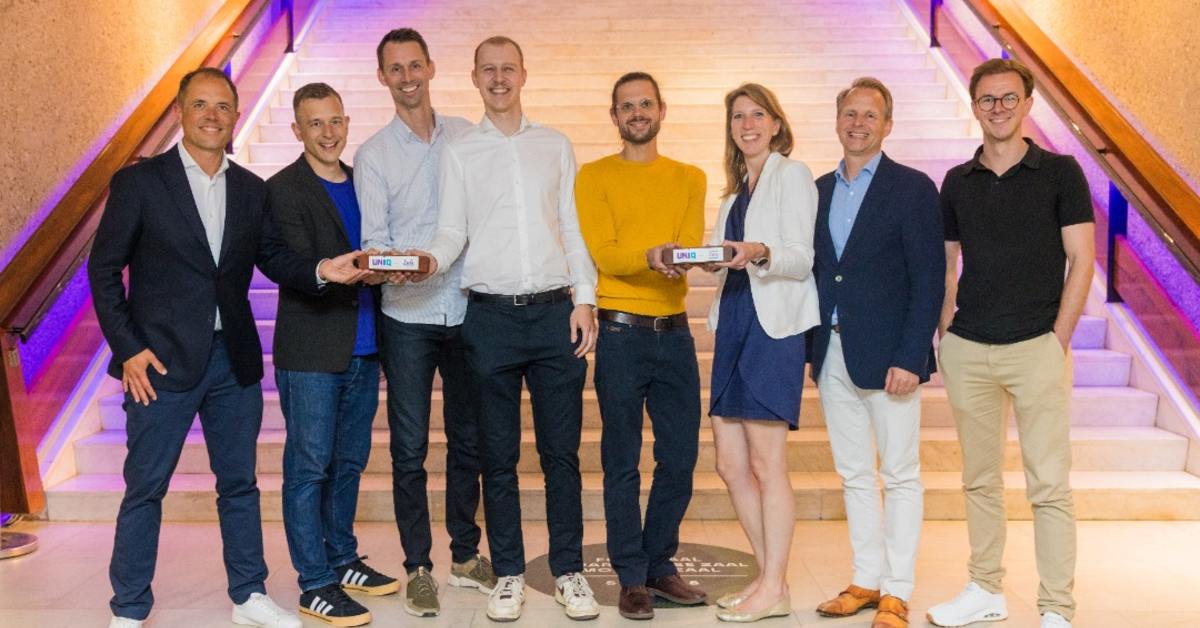

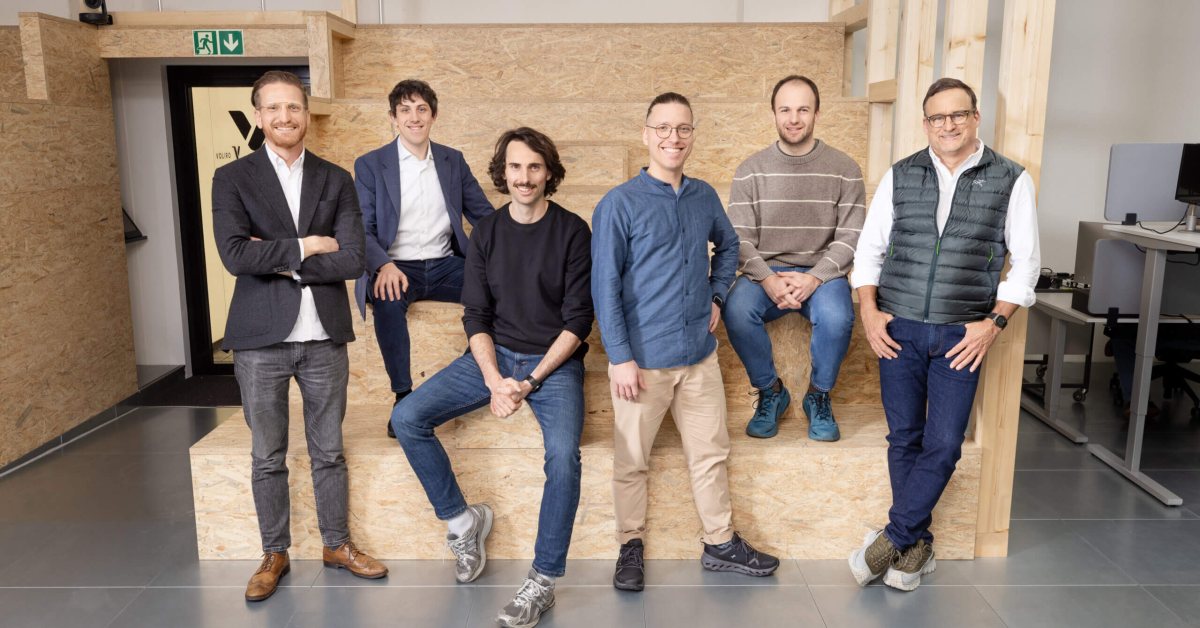
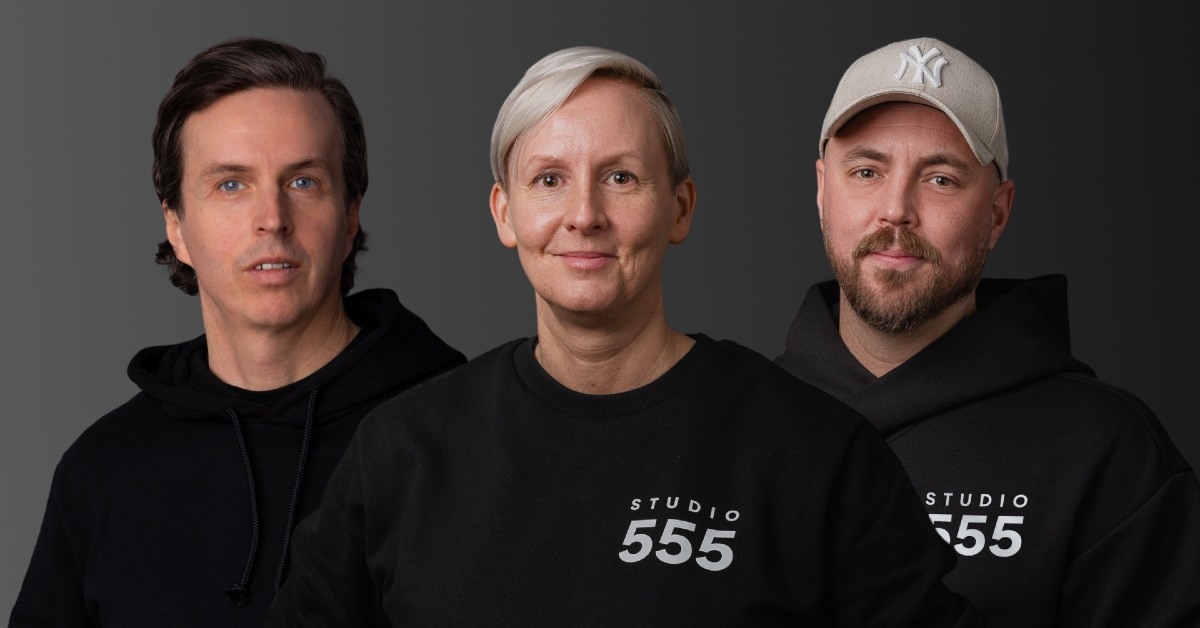
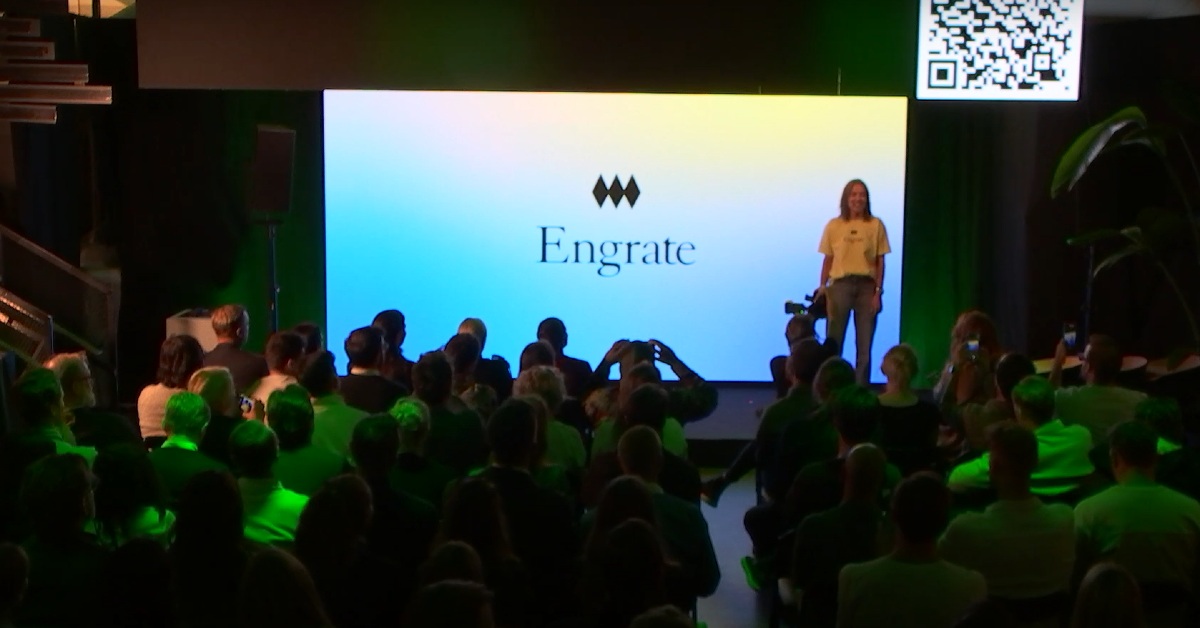
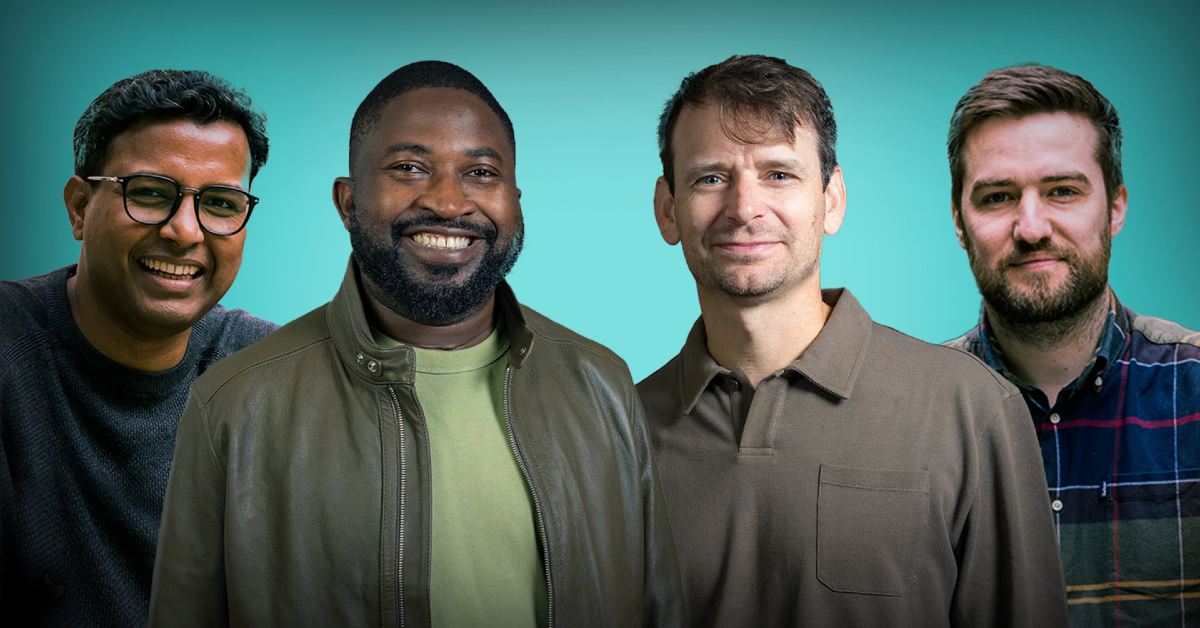

01
These are the top UK-based PR agencies for startups and scale-ups in 2025